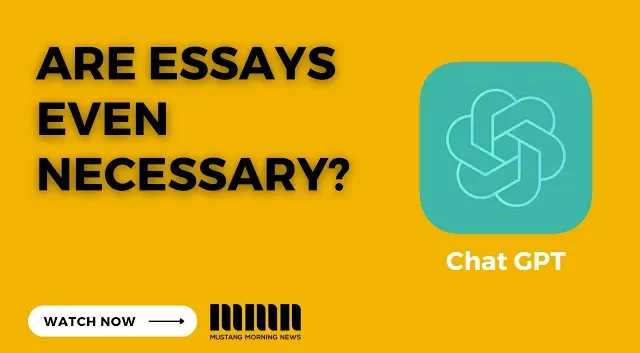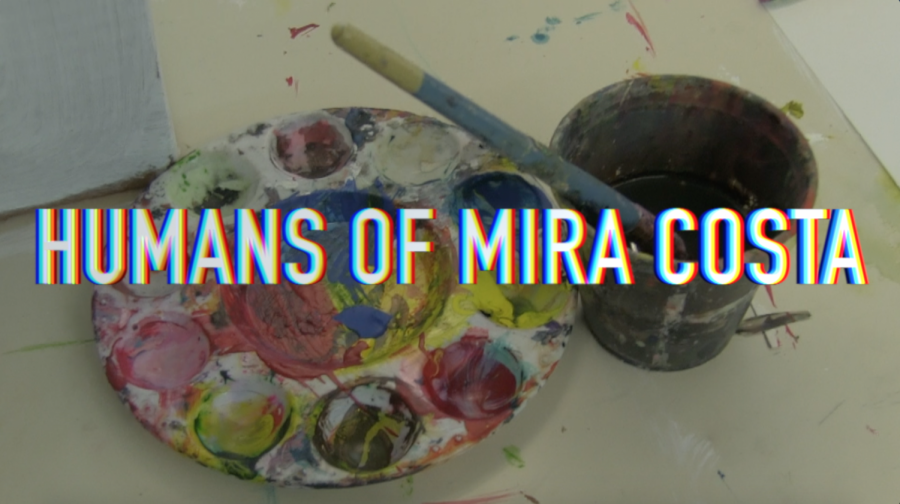Merriam-Webster’s dictionary defines poetry as: writing that formulates a concentrated imaginative awareness of experience in language chosen and arranged to create a specific emotional response through meaning, sound, and rhythm. So, while poetry is an artistic and creative way to express one’s true thoughts and feelings, it is also a skill which focuses on using distinctive tones and languages. This focus on words and language can prove to help student-poets in the classroom when studying the English language.
While many look down on poetry in teaching because it is frivolous and artsy, Andrew Simmons, a writer, teacher, and musician from California claims that “poetry enables teachers to teach their students how to write, read, and understand any text. Poetry can give students a healthy outlet for surging emotions. Reading original poetry aloud in class can foster trust and empathy in the classroom community, while also emphasizing speaking and listening skills that are often neglected in high school literature classes” in his article about the importance of teaching Poetry to high schoolers for The Atlantic. Learning themes and motifs from poetry can help a high school English students connect the complex literature they are studying to real life situations which they make applicable. This not only helps them understand other texts, but can inspire them in their own ways to express ideas.
 Jess Burnquist, having a masters in Creative Writing/Poetry and receiving awards for her inspiring teaching to Honors/AP/English students, says “just as with playing an instrument or sport, reading is a skill that improves with practice. When students begin to apply these abilities to any subject, their improvement will be measurable and their increased confidence will seem, well … poetic”. She urges parents to print out and go through poems with their children about anything, from history to music, and have them analyze the meaning and practice recitation- which can help develop speaking skills later in life.
Jess Burnquist, having a masters in Creative Writing/Poetry and receiving awards for her inspiring teaching to Honors/AP/English students, says “just as with playing an instrument or sport, reading is a skill that improves with practice. When students begin to apply these abilities to any subject, their improvement will be measurable and their increased confidence will seem, well … poetic”. She urges parents to print out and go through poems with their children about anything, from history to music, and have them analyze the meaning and practice recitation- which can help develop speaking skills later in life.
As public schools become increasingly secularized and Westernized, it seems that teachers begin to turn their faces from the creative slurs of artists such as Dante, and submerge their curriculum with novels of American writers. Although they are supporting the strong American patriotic ideals, many scholars argue that it is pivotal for students to balance these with some poetic genius to inspire the great minds of the future.
Written By: Mackensie Banchik

















